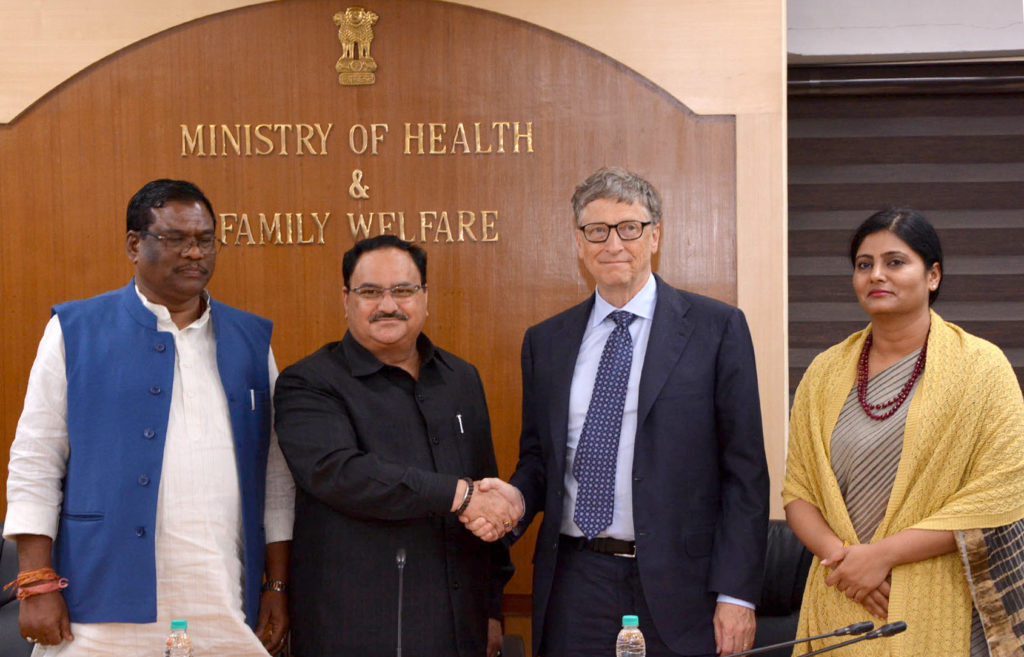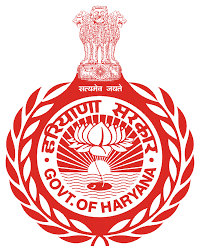Google.org, the philanthropic arm of Google, has announced grants of more than USD 14 million to support partners working in Southeast Asia and Africa to help prevent the next pandemic. Google.org’s Predict and Prevent initiative is supporting efforts to identify hot spots where diseases may emerge, detect new pathogens circulating in animal and human populations, and respond to outbreaks before they become global crises. Several new lethal infectious diseases crop up every year. Examples include the well-known killers, HIV/AIDS, bird flu, and SARS, as well as drug-resistant strains of ancient scourges malaria and tuberculosis. Three-quarters of new diseases are zoonoses, meaning they’ve jumped from animals to humans. “Business as usual won’t prevent the next AIDS or SARS. The teams we’re funding today are on the frontiers of digital and genetic early detection technology. We hope that their work, with partners across environmental, animal, and human health boundaries, will help solve centuries-old problems and save millions of lives,” said Dr Larry Brilliant, utive Director, Google.org. Knowing where to look is critical to disease surveillance. Climate change and deforestation increase human-animal contact, and with it, disease spreads. “The holy grail is to predict disease outbreaks before they happen. For Rift Valley fever and malaria, long-term weather forecasts and deforestation maps can show us where to look for outbreaks, up to six months in advance,” said Frank Rijsberman, Program Director, Google.org. The Woods Hole Research Center: USD 2 million multi-year grant to support high-resolution satellite mapping of forests to enhance monitoring of forest loss and settlement expansion in tropical countries. WHRC will create information to share with environmental and human experts so they can better anticipate the emergence of infectious diseases. Columbia University International Research Institute for Climate and Society (IRI): USD 900,000 multi-year grant to improve the use of forecasts, rainfall data and other climate information in East Africa, and link weather and climate experts to health specialists so they can better predict outbreaks of infectious diseases. University Corporation for Atmospheric Research: USD 900,000 multi-year grant to build and implement a system that will use weather projections to inform and target response to disease threats in West Africa. Genetic detection filters viral information in DNA to uncover deadly new pathogens, and digital detection mines online data to reveal early signals of possible epidemics. “We want to stop viruses dead in their tracks

Be a part of Elets Collaborative Initiatives. Join Us for Upcoming Events and explore business opportunities. Like us on Facebook , connect with us on LinkedIn and follow us on Twitter , Instagram.








